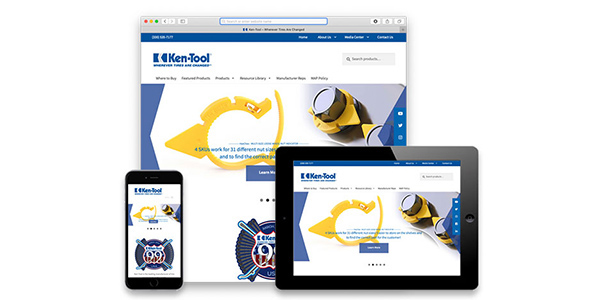

(Pralinsky) Mazaika, 89, passed away peacefully Saturday, Oct.

He is a director of the Mind and Soul Foundation.Obituary printed in The Athol Daily News:įrances M. For more information or to buy see Rev Will van der Hart has been a priest in the Church of England for 15 years and is currently pastoral chaplain at Holy Trinity Brompton in London. 'The Power of Belonging: Discovering the Confidence to Lead with Vulnerability' is published by David C Cook.
#Ken mazaika website full
Life is messy and full of down sides, but I would rather risk being known, than live behind a version of me. Just as our belonging to God is established on our true selves, so is our relationship with each other. That means letting go of 'versions of you' and all kinds of fakery for the sake of success. If we are ever going to belong in life, it is going to be because we risked really showing up. We cannot offer God a 'version' of ourselves since he knows us truly, and despite knowing us better then we know ourselves, he loves us and claims us as his own: 'You are mine' (Isaiah 43:1). The same could be said for God, but one is the remedy of the other. Which one of these belongs here is anyone's guess, since life becomes a terrifying matrix of interchanging relational combinations that we test for best fit.In a culture marked out by 'loneliness in plain sight' belonging has never felt so urgent and yet seemed so far away from people's experience. The 'version of you' idea is altogether more malign, because it suggests our duplicity is credible: that there are innumerable versions of us being authentic and human. If there is any virtue in 'Fake it to make it', surely it is the simple acknowledgement that we are faking it and that we have some greater understanding of who we really are. To succeed requires you to maintain the fraud, but to belong requires to do the opposite. If you do 'Fake it and make it', you land in a gilded cage where your material success is founded on a relational deceit. The prerequisite to our belonging is our authentic presence, since you cannot belong if you cannot be known. Baumeister and Leary's 1995 study proposes the simplest underlying motivation behind so much of our human behaviour, the need to belong: 'That human beings have a pervasive drive to form and maintain a minimum quality of lasting positive and significant interpersonal relationships.' 'Fake it to make it' is the worst career advice anyone could ever receive, not because they won't make it, but because of what happens when they do. My issue with 'Fake it to make it' culture is how self-destructive it is. We love a fantasy in which all of the struggles and challenges of life are edited out and we are living the dream without any of the downside.

Before I sound too self-righteous, I was totally sucked in by college dropout Mike Ross (Patrick J Adams) in Suits Series 1, who becomes a competent legal associate despite having never attended law school. But then it struck me that it's a natural progression in a culture that has advocated the 'fake it to make it' mode of achieving. I wondered how we had become so pragmatic about dialling up 'different faces in different spaces'. It wasn't the content that I found shallow, it was the very principle that there might be virtue in creating a 'version of you'. Since I've written a book based on the premise that many of us feel like a fraud, at least some of the time, you can see where I am coming from. Having spent two years working on our new book The Power of Belonging with Rob Waller, I know I have become super-sensitive to issues of true belonging. Time's 'How to be the best version of yourself' article by Ken Mazaika offers tips like, 'Accept help from others,' and 'Celebrate the small wins', all things that I would wholly advocate. Lots of the articles that I explored were really brilliant and offered fantastic and positive advice. I took to researching this idea a little more and to be honest I felt pretty confused. Patrick J Adams' character in Suits 'fakes it to make it'. But the more I looked at it, the more annoyed I felt. There was a flip chart hanging around one of my office meeting rooms recently and on it was written the question: "What is blocking you from becoming the best version of yourself?"Īt first I paid it no attention, it was a question that I had heard several times in different Christian settings over the last couple of years.


 0 kommentar(er)
0 kommentar(er)
